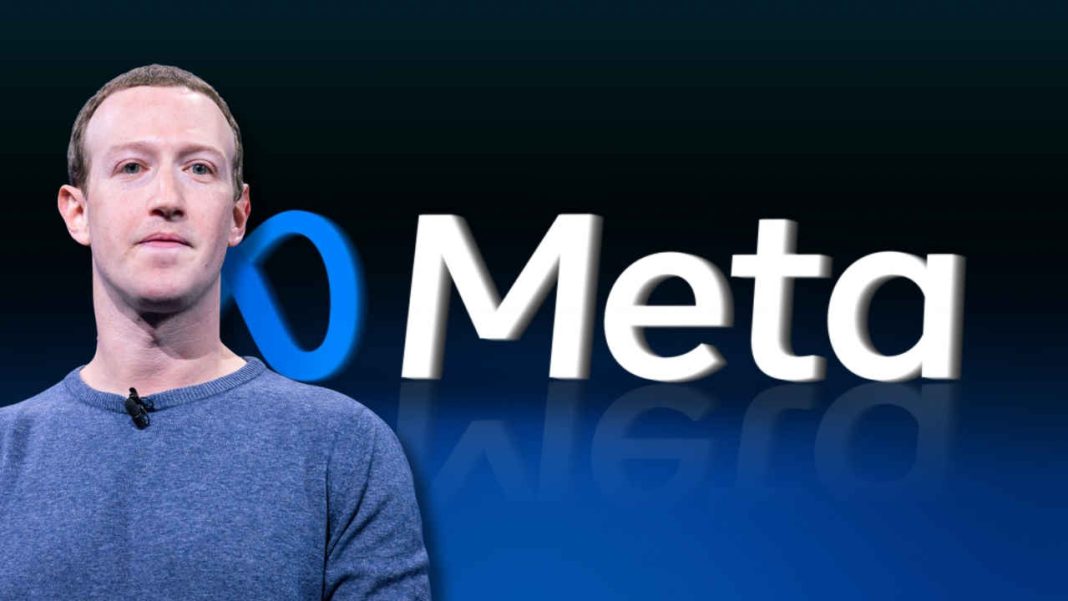Meta Wins Landmark Antitrust Case Against FTC
A US federal court has dismissed the Federal Trade Commission’s attempt to force Meta to divest Instagram and WhatsApp, delivering a major victory for the tech giant in its ongoing antitrust battle.
Key Takeaways
- Federal judge rules FTC failed to prove Meta holds monopoly power
- Court says FTC wrongly excluded competitors like TikTok and YouTube
- Meta’s acquisitions of Instagram and WhatsApp remain intact
Court Rejects FTC’s Market Definition
US District Judge James Boasberg concluded that the FTC failed to establish Meta’s monopoly in the social media market. The ruling, issued on Tuesday, found the agency’s market definition was too narrow and incorrectly excluded major competitors.
The court specifically noted that platforms like TikTok and YouTube have dramatically changed the social media landscape through rapid growth and shifting user behavior.
Competitive Landscape Evidence
Evidence presented in the case showed users frequently switch between different platforms and Meta apps, particularly during service disruptions. Judge Boasberg highlighted how TikTok’s popularity forced Meta to invest heavily in its Reels short-video feature.
The FTC had cited internal Meta documents, including early emails from CEO Mark Zuckerberg, suggesting the company preferred acquisitions over direct competition. Regulators identified MeWe and Snapchat as Meta’s closest rivals for private social interactions.
Meta successfully argued that the FTC ignored broader competitive pressures from a diverse ecosystem including YouTube, Apple’s messaging platform, and TikTok.
Background and Regulatory History
The FTC had sought to undo Meta’s acquisitions of Instagram (2012) and WhatsApp (2014), claiming the company bought these platforms to counter emerging competitors. While the agency initially allowed both acquisitions to proceed, it filed suit in 2020 alleging Meta dominated the US personal social networking market.
Aftermath and Industry Impact
Following the ruling, Meta stated it would continue collaborating with US officials and emphasized that its products promote economic growth and innovation. The FTC expressed disappointment and said it was reviewing potential next steps.
The decision comes as other major tech companies including , Apple, and Amazon face high-profile antitrust cases from the FTC. Decisions on those lawsuits are pending and may take considerable time.







